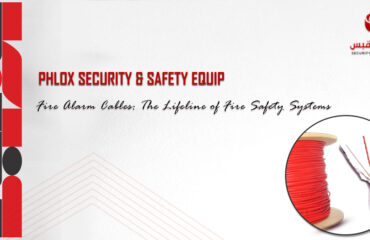
Fire Alarm Systems Installation: Essential Steps for Safety and Compliance
Installing a fire alarm system is one of the most critical steps in ensuring the safety of your home or business. A well-installed fire alarm system provides early detection of fires, minimizing damage and potentially saving lives. In this blog post, we’ll guide you through the key aspects of fire alarm systems installation, emphasizing best practices, safety, and compliance.
1. Why is Fire Alarm Installation Important?
Fire alarm systems are designed to detect smoke, heat, or fire early, providing vital time for evacuation or extinguishing the fire before it escalates. Installing a fire alarm system in your property is not only a safety measure but also a legal requirement in many regions. Compliance with local fire codes ensures that your building adheres to safety standards, reducing risks and liability.
2. Types of Fire Alarm Systems
There are several types of fire alarm systems, including:
- Conventional Fire Alarms: These are ideal for smaller buildings and offer basic fire detection by zone.
- Addressable Fire Alarms: These systems provide a more detailed level of fire detection, pinpointing the exact location of the fire.
- Wireless Fire Alarms: For properties where wiring is impractical, wireless systems offer flexibility and ease of installation.
3. Key Steps for Fire Alarm Installation
- Assess the Building: A professional installer will evaluate your building’s layout and size to determine the optimal placement of smoke detectors, heat sensors, and alarms.
- Choose the Right System: Based on the building’s needs, select the appropriate fire alarm system, considering factors such as building size, occupancy, and fire risk.
- Install and Test the System: Proper installation ensures the system operates efficiently. Once installed, the system should be thoroughly tested for accuracy.
4. Maintenance and Monitoring
Regular maintenance and periodic testing are essential to ensure that your fire alarm system remains functional. Many modern systems offer remote monitoring, which alerts you in real-time if the alarm is triggered.
Conclusion
Professional fire alarm installation is key to safeguarding lives and property. Whether for residential or commercial use, a well-maintained fire alarm system is an essential investment in safety and compliance. If you’re unsure where to start, consult with a certified fire alarm installer today.
Related Topics:



